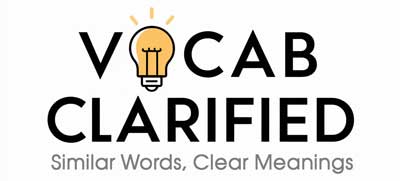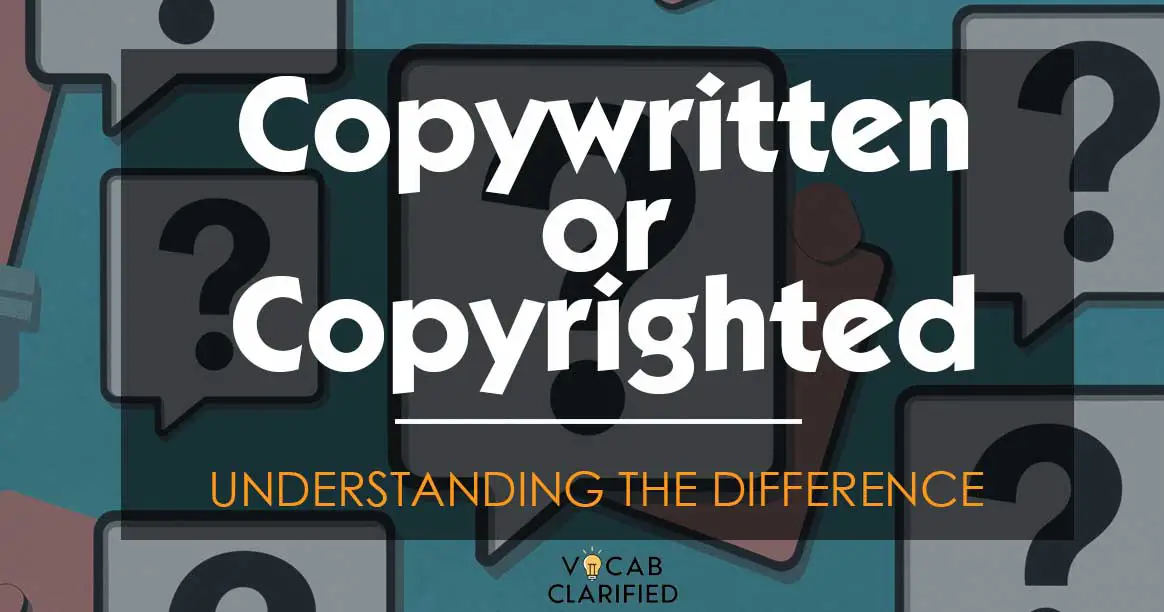In today’s digital age, the terms “copywritten” and “copyrighted” often pop up in discussions about content creation, intellectual property, and legal protections. But which one is correct, and when should each term be used?
This article will explore the distinctions between “copywritten” and “copyrighted,” helping you confidently use the right term in the appropriate context.
Understanding Copywritten And Copyrighted
Copywritten: Definition and Usage
The term “copywritten” is often mistakenly used by people who mean “copyrighted.”
However, “copywritten” refers to the act of writing copy, particularly in advertising or marketing contexts. In this sense, “copywritten” is a non-standard form and not recognized as a legal term.
For example:
- A marketing agency might say, “This ad was copywritten by our team.”
- A business might claim, “Our new product descriptions were professionally copywritten.”
In both instances, “copywritten” is used informally to describe the act of writing marketing content, but it does not relate to legal protections for the content.
Copyrighted: Definition and Usage
On the other hand, “copyrighted” is a legal term that refers to the protection of creative works, such as books, music, articles, and videos, under copyright law.
When a work is copyrighted, it means that the creator holds exclusive rights to reproduce, distribute, perform, and display the work.
For instance:
- A book is copyrighted as soon as it is written, giving the author exclusive rights over its distribution.
- An original song created by an artist is automatically copyrighted, preventing others from using it without permission.
“Copyrighted” is the correct term to use when discussing the legal protections afforded to a creative work.
Side-by-Side Comparison
To further clarify the differences and help you decide which to use, here’s a side-by-side comparison:
| Aspect | Copywritten | Copyrighted |
| Definition | Informal term for writing marketing copy | Legal term for the protection of creative works |
| Common Usage | “This ad was copywritten by our team.” | “This book is copyrighted under U.S. law.” |
| Key Differences | Describes the act of writing copy | Describes the legal protection of a work |
When deciding between “copywritten” and “copyrighted,” consider the context in which you’re using the term. If you’re referring to the act of writing marketing or advertising content, “copywritten” might be used informally.
However, if you’re discussing the legal protection of a creative work, “copyrighted” is the correct and recognized term.
Everyday Usage Examples
To better understand how “copywritten” and “copyrighted” fit into everyday language, here are some examples:
- Copywritten: The agency’s website copy was expertly copywritten to attract more clients.
- Copyrighted: The novel you just published is automatically copyrighted, protecting your intellectual property.
- Copywritten: Our company’s new slogan was copywritten by a professional writer.
- Copyrighted: The photograph you took is now copyrighted, meaning others cannot use it without your permission.
- Copywritten: The promotional emails were copywritten to increase open rates and sales.
- Copyrighted: The original research paper is copyrighted, ensuring that your work is credited to you.
Conclusion
In summary, while “copywritten” is sometimes used informally to describe the act of writing marketing content, it is not a legally recognized term. “Copyrighted,” however, is a crucial legal concept that protects creative works under copyright law.
Understanding the difference between these terms will help you communicate more effectively about your work and ensure that your intellectual property is properly protected.

